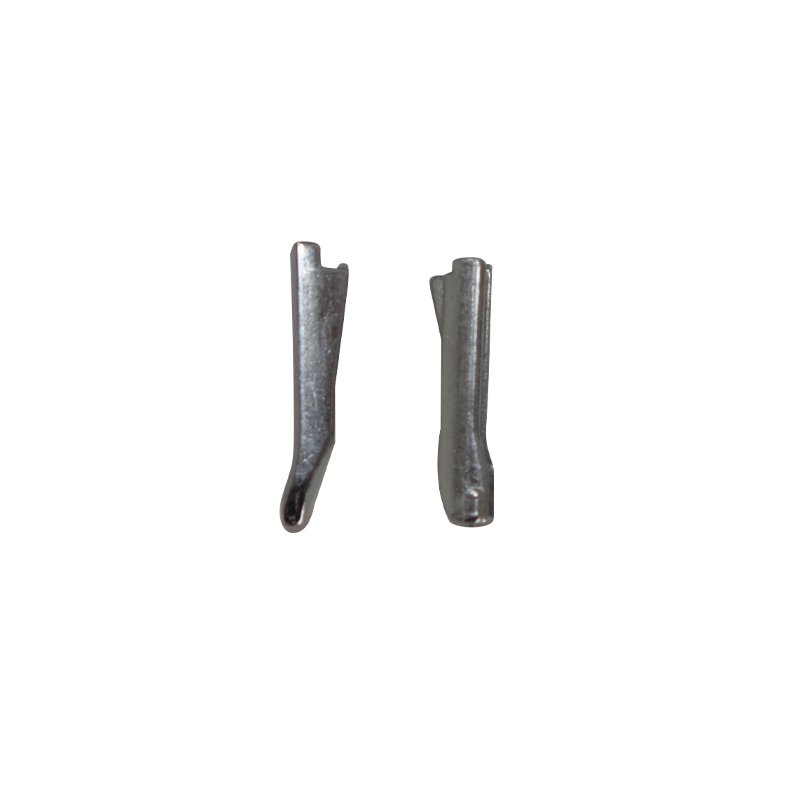The practicality of using metal for zipper pins and boxes in terms of corrosion and rust resistance is significant for several reasons:
This metal is highly resistant to corrosion, making it ideal for use in environments exposed to moisture, chemicals, or harsh conditions. Stainless steel zippers are commonly used in outdoor gear, marine applications, and other areas where high durability and resistance to rust are crucial.
Brass is also resistant to corrosion, though less so than stainless steel. It has natural anti-corrosive properties due to its copper content, which forms a protective patina over time. Brass zippers are used in applications where moderate corrosion resistance is sufficient.
While not as resistant to corrosion as stainless steel or brass, aluminum can be treated or coated to improve its resistance to corrosion. Anodized aluminum, for example, has enhanced corrosion resistance and is used in various applications where weight reduction and moderate corrosion resistance are needed.
This metal is highly resistant to rust, which is a form of corrosion that specifically affects iron and its alloys. Stainless steel contains chromium, which forms a passive layer of chromium oxide that protects the metal from rusting.
Brass does not rust but can corrode over time, especially in salty or acidic environments. However, it does not rust in the way that iron or steel does.Aluminum does not rust, but it can corrode, particularly in alkaline environments. Anodizing or coating can improve its resistance to corrosion and extend its service life.
Corrosion-resistant metals like stainless steel and brass offer long-lasting performance in environments prone to moisture and chemicals, reducing the need for frequent replacements.

Corrosion-resistant metals are easier to maintain, as they require less frequent cleaning and do not degrade as quickly. Stainless steel, for example, can be easily cleaned to remove contaminants without compromising its resistance to rust.
While stainless steel and brass are more expensive than some other materials, their durability and resistance to corrosion often justify the higher cost, particularly in applications where reliability and longevity are critical.
Metals like stainless steel and brass are well-suited for outdoor and marine environments due to their resistance to rust and corrosion. They are commonly used in zippers for outdoor gear, dive suits, and marine equipment.In industrial settings where exposure to chemicals or harsh conditions is common, corrosion-resistant metals ensure the longevity and functionality of zippers.
The practicality of using metal for zipper pins and boxes in terms of corrosion and rust resistance is evident in the enhanced durability, reduced maintenance requirements, and suitability for harsh environments. Stainless steel and brass offer excellent resistance to rust and corrosion, making them ideal for applications where exposure to moisture, chemicals, or extreme conditions is a concern. This resistance contributes to the overall reliability and longevity of the zipper components, justifying their use in demanding applications.

 en
en  русский
русский 한국어
한국어 get a free quote
get a free quote
















